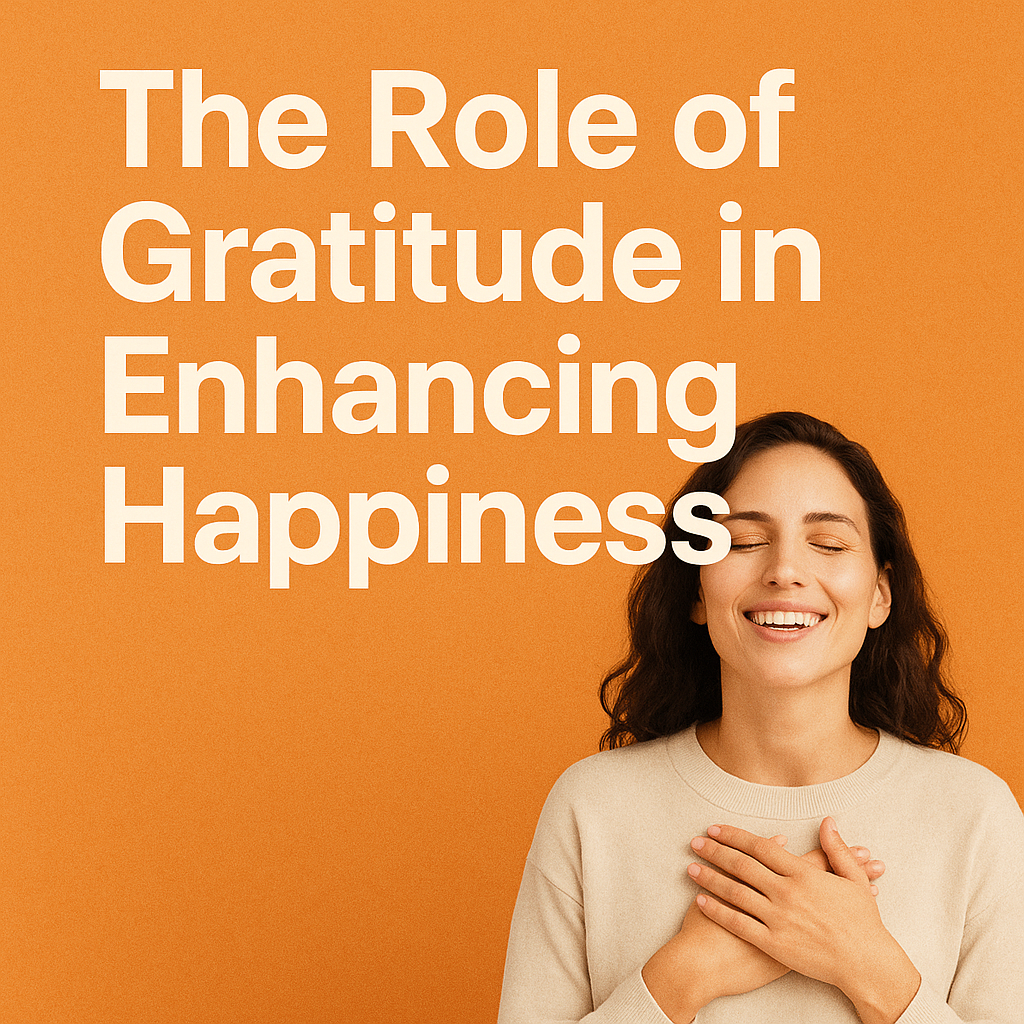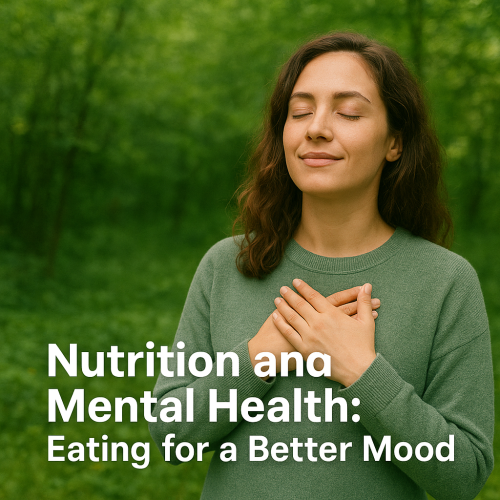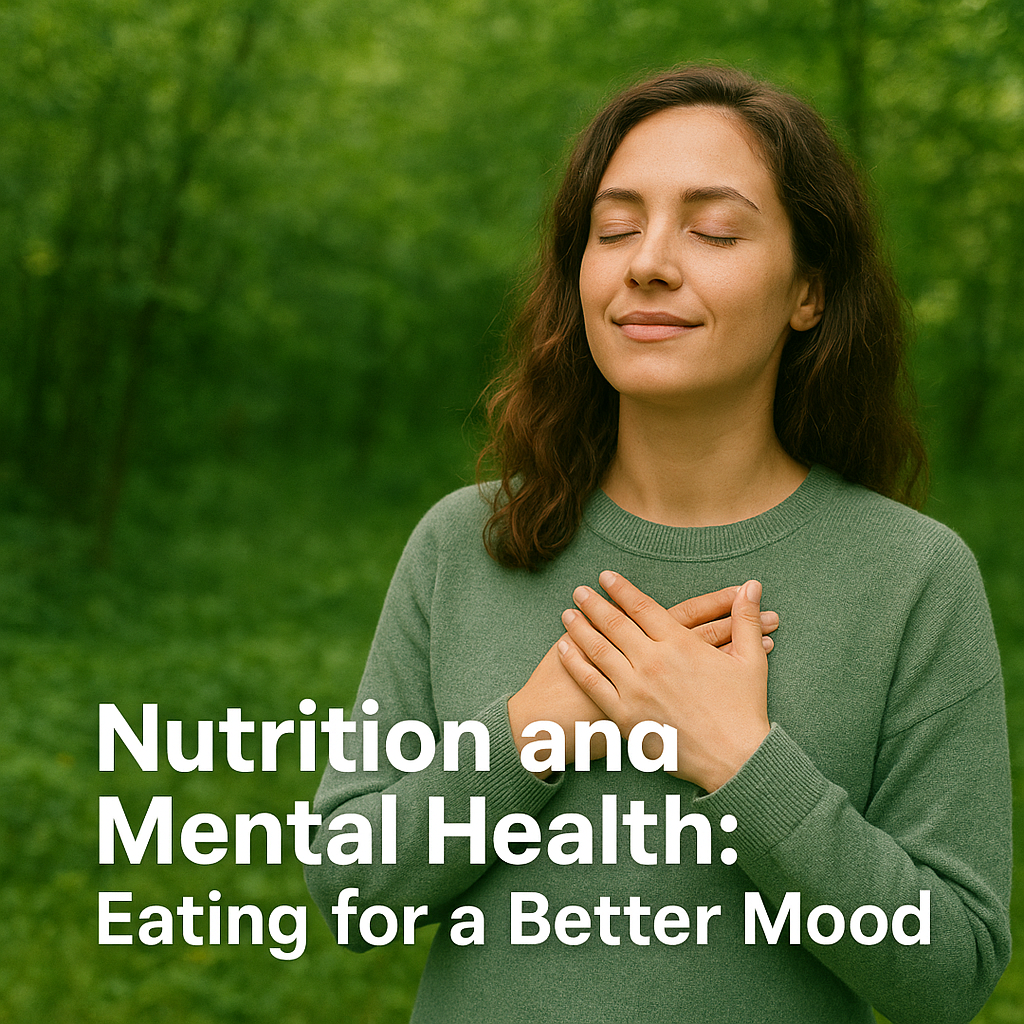Why Gratitude Matters
Gratitude is more than just saying “thank you.” It is a mindset and practice that shifts focus from what is lacking to what is already present. Research in positive psychology shows that gratitude increases happiness, strengthens relationships, and improves overall mental health.
When you cultivate gratitude, you train your brain to notice and appreciate the positive aspects of life, even during challenging times.
The Science of Gratitude and Happiness
Gratitude affects the brain and body in measurable ways:
- Boosts dopamine and serotonin. These “feel-good” neurotransmitters improve mood and motivation.
- Reduces stress. Grateful thinking lowers cortisol levels.
- Strengthens resilience. Gratitude helps people recover faster from setbacks.
- Improves sleep. Focusing on positive thoughts before bed promotes relaxation.
Simply put, gratitude rewires the brain for positivity.
Everyday Gratitude Practices
Incorporating gratitude into daily life doesn’t require big gestures. Simple practices can make a lasting impact.
1. Gratitude Journal
Write down 3–5 things you’re thankful for each day. This trains your brain to notice good experiences.
2. Gratitude Letters
Write to someone who has made a difference in your life. Even if you don’t send it, the act itself strengthens positive emotions.
3. Gratitude Meditation
Take a few minutes to breathe deeply and reflect on what you appreciate.
4. Verbal Expressions
Say “thank you” more often—to friends, coworkers, or even strangers. Genuine acknowledgment strengthens social bonds.
5. Gratitude Rituals
Pair gratitude with daily activities, such as reflecting on blessings before meals or before sleep.
Gratitude in Relationships
Expressing appreciation deepens connections. Whether it’s noticing a partner’s small gestures, acknowledging a coworker’s help, or thanking a friend, gratitude fosters trust and closeness.
In families, practicing gratitude together—such as sharing daily highlights—creates a culture of appreciation.
Gratitude as a Tool for Resilience
Life includes challenges, but gratitude helps shift perspective. Instead of focusing only on problems, gratitude highlights lessons, support systems, or small wins. This mindset strengthens resilience and makes it easier to navigate difficulties.
Overcoming Barriers to Gratitude
Some people find gratitude hard when facing stress or hardship. Common barriers include:
- Comparing yourself to others
- Focusing only on negatives
- Forgetting to slow down and notice small joys
Overcoming these requires intentional practice. Start small—gratitude grows with consistency.
Final Thoughts: Choosing Gratitude Every Day
Gratitude is not about ignoring struggles—it’s about balancing them with awareness of the good. By practicing gratitude daily, you can increase happiness, improve relationships, and strengthen emotional resilience.
Happiness grows when we appreciate what we already have. Gratitude turns ordinary moments into sources of joy.








